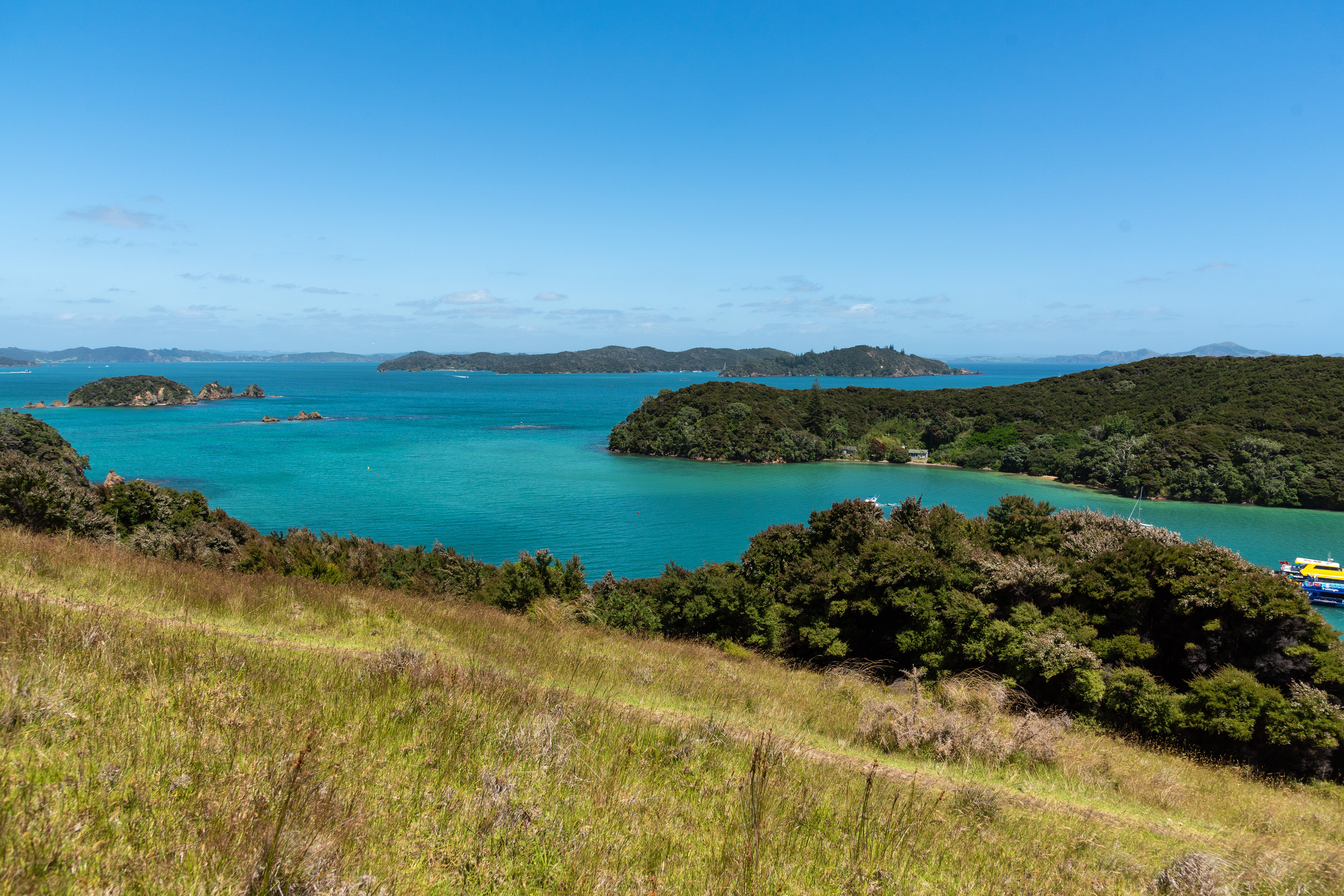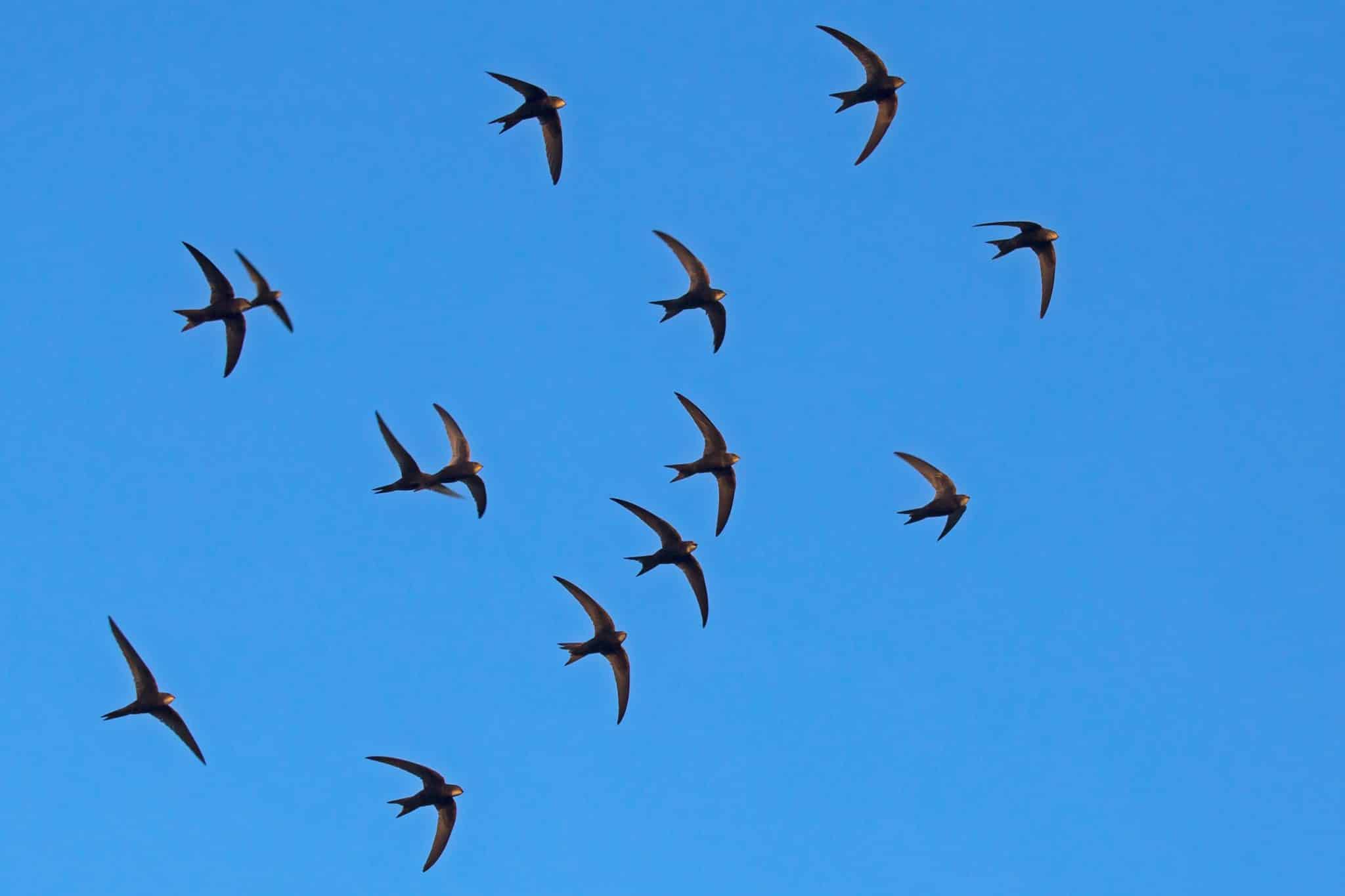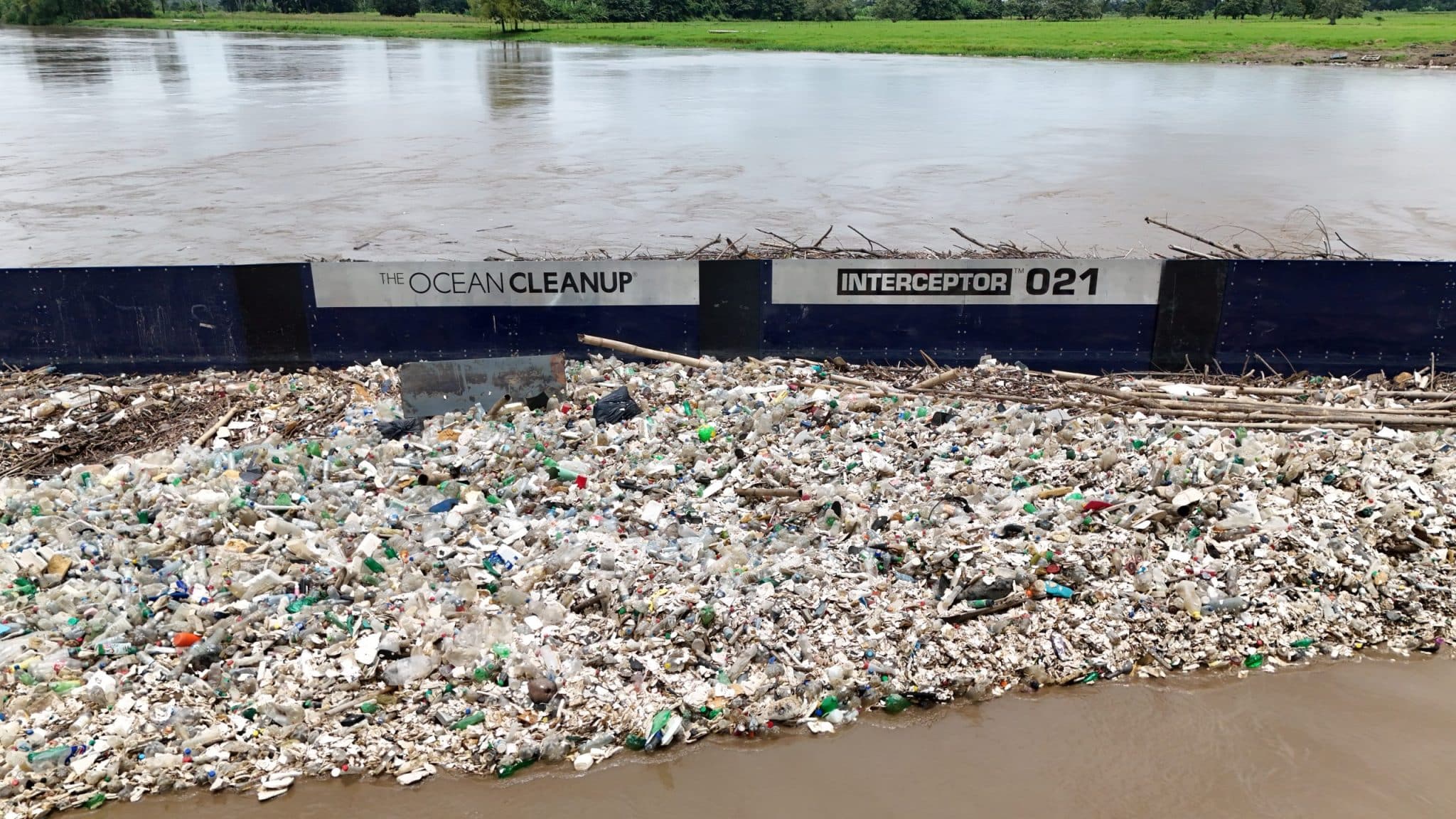Image Credit: arkinlindh/123rf.com
New Zealand is embarking on an ambitious conservation project aimed at rewilding three significant islands: Maukahuka (Auckland) Island, Rakiura (Stewart) Island, and Chatham Island. This initiative is part of the Island-Ocean Connection Challenge (IOCC), which includes 20 active projects globally, all dedicated to restoring 40 key island-ocean ecosystems by 2030.
The project is the largest of its kind in New Zealand’s history, as each of the targeted islands is substantially larger than previous sites cleared of invasive species. The removal of these non-native species is critical for restoring native wildlife and ecosystems. Invasive species on these islands have already led to the extinction of numerous native bird species, highlighting the urgent need for action.
Maukahuka (Auckland) Island, a UNESCO World Heritage Site, is home to over 500 native species, including the endangered Gibson’s albatross and the New Zealand sea lion. However, invasive populations of mice, feral cats, and pigs pose significant threats to these species. Similarly, Rakiura (Stewart) Island is vital for the survival of the tokoeka (brown kiwi) and plans are underway to reintroduce the critically endangered kākāpō once invasive rats and other pests are eradicated. Chatham Island, which hosts more than 300 species that are threatened or at risk, also suffers from invasive species including possums and feral cats.
The project will utilize advanced technologies to monitor and eliminate invasive species effectively. Conservation dogs, camera monitoring networks, tracking tunnels, and traps will be employed over several years to ensure the islands are pest-free. Artificial intelligence will assist in identifying areas of high pest activity, enhancing the precision of eradication efforts.
This initiative is not only about removing invasive species but also about restoring the ecological balance of these islands. Research indicates that clearing islands of non-native predators can lead to significant improvements in surrounding marine ecosystems, including increased fish biomass and faster recovery from environmental stressors like coral bleaching.
The New Zealand government has allocated $54 million to the project, with total costs projected to reach $202 million. Fundraising efforts are ongoing to secure the necessary funds. Despite the challenges presented by the scale, remoteness, and difficult terrain of the islands, conservationists remain hopeful. If successful, this project could serve as a global model for large-scale island restoration efforts, significantly benefiting New Zealand’s biodiversity.
Check out the original article here: Source link



